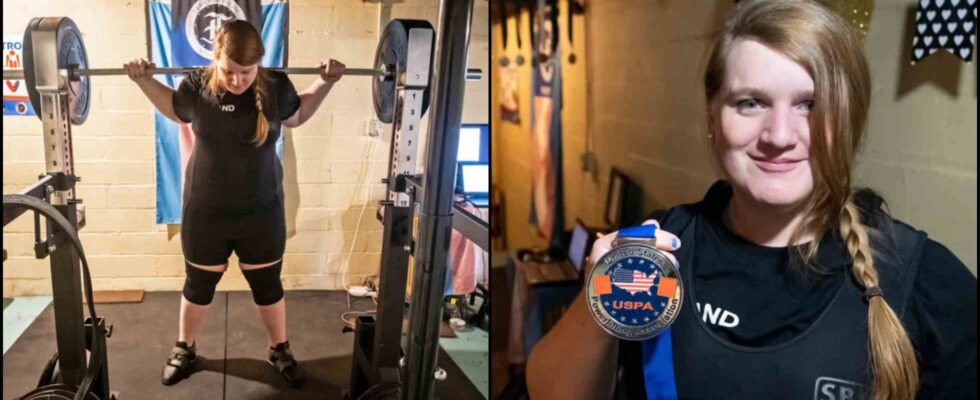A recent decision by a Minnesota appeals court has reignited the legal battle over transgender athlete inclusion in women’s competitions. The lawsuit, brought by JayCee Cooper against USA Powerlifting, is now slated to return to a trial court to determine whether Cooper faced illegal entry denial due to her gender identity.
Cooper, a transgender woman, initiated legal action against USA Powerlifting in 2021 following the organization’s refusal to permit her participation in 2018. Alleging a violation of the Minnesota Human Rights Act, which encompasses protections based on gender identity, Cooper’s case has sparked significant legal debate.
In a recent development, the Minnesota Court of Appeals issued a comprehensive decision, affirming certain aspects, reversing others, and remanding parts of the case for further adjudication. Notably, Judge Matthew Johnson emphasized the circumstantial evidence supporting Cooper’s claim, suggesting potential discrimination based on her transgender status.
Gender Justice Legal Director, Jess Braverman, representing Cooper, reiterated the illegality of discrimination against transgender individuals in Minnesota. While acknowledging the court’s decision to remand the case for trial, Braverman underscored disagreement with the ultimate conclusion, indicating consideration of further legal options.
USA Powerlifting welcomed the court’s decision, asserting the organization’s stance on Cooper’s exclusion. Viksnins clarified that Cooper’s exclusion from the women’s division stemmed from physiological disparities rather than gender identity, citing biological factors and strength advantages.
A pivotal aspect of Cooper’s case involves her request for a therapeutic-use exemption to utilize spironolactone, a medication prescribed for gender dysphoria treatment. Despite the denial, Cooper’s legal counsel highlighted the discriminatory nature of the refusal, linking it directly to her transgender status.
The legal dispute extends beyond the courtroom, resonating with broader societal debates on transgender participation in sports. Amidst ongoing controversies, including recent lawsuits against sports governing bodies, such as the NCAA, the issue remains contentious across various levels of competition.
